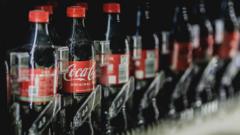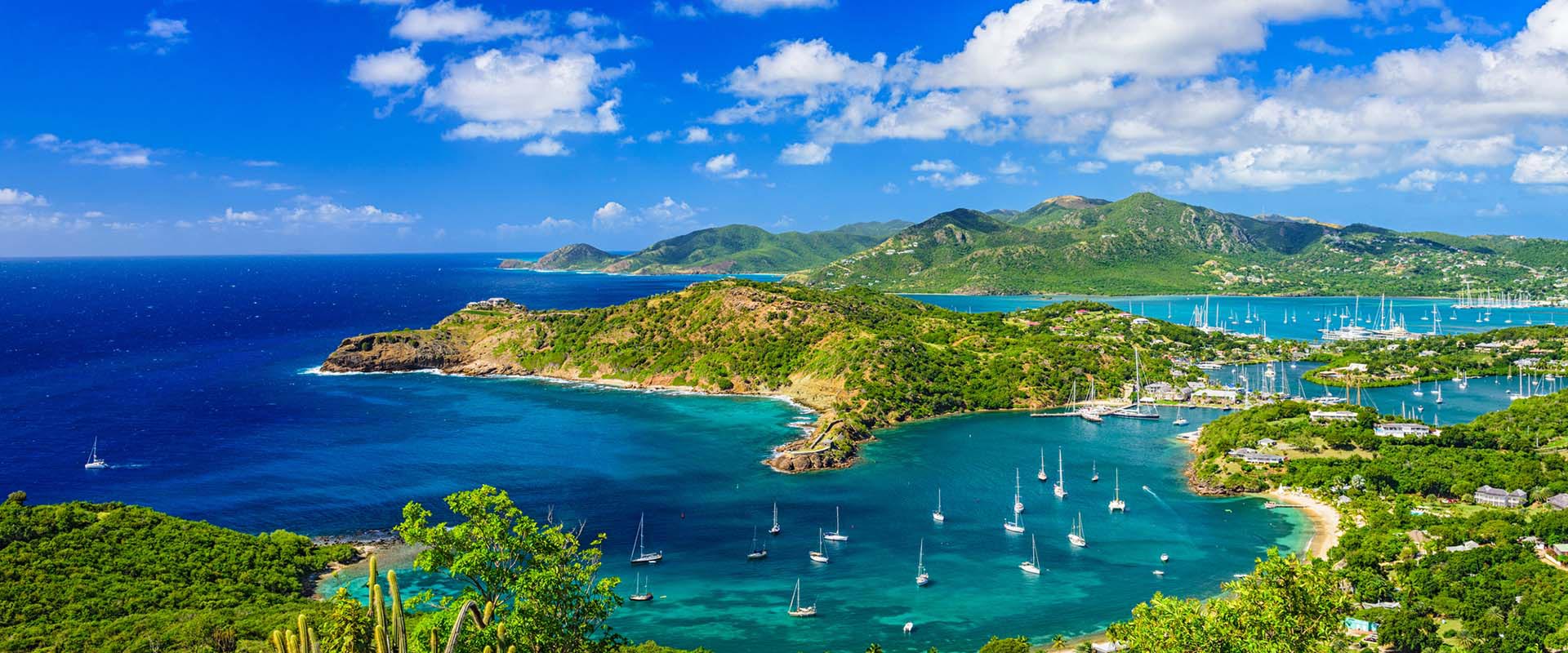Coca-Cola may need to pivot to more plastic packaging in response to tariffs imposed by President Donald Trump. During a call with investors, CEO James Quincey discussed the potential necessity to shift from aluminium cans to plastic bottles if aluminium prices rise significantly because of a 25% import tax on all steel and aluminium entering the country. This tariff is expected to increase the costs associated with canned beverages, prompting Coca-Cola to explore alternatives to maintain competitive pricing.
In a concerning reversal of its sustainability targets, Coca-Cola recently adjusted its goal from incorporating 50% recycled materials in its packaging by 2030 to 35%-40% by 2035. Environmental organizations have condemned Coca-Cola as the "top global plastic polluter" for six consecutive years, highlighting the company's challenges with sustainability.
Quincey attempted to downplay the financial impact of these tariffs by noting that packaging costs represent only a small fraction of Coca-Cola's overall expenses. He emphasized that if aluminium cans become prohibitively expensive, Coca-Cola can pivot to using PET (plastic) bottles as an alternative. This strategic move could contradict the company’s previous efforts to increase the use of recyclable aluminium products.
The US imports nearly half of its aluminium, thus the tariffs are speculated to result in increased prices for cans. Following previous tariff orders in 2018, certain can manufacturers received exclusions, but Trump’s latest announcement indicates that no product-specific exemptions will be permitted. In another related decision, Trump’s recent executive order reversed efforts to replace plastic straws with paper ones, further exacerbating concerns over plastic pollution in the country.
In a concerning reversal of its sustainability targets, Coca-Cola recently adjusted its goal from incorporating 50% recycled materials in its packaging by 2030 to 35%-40% by 2035. Environmental organizations have condemned Coca-Cola as the "top global plastic polluter" for six consecutive years, highlighting the company's challenges with sustainability.
Quincey attempted to downplay the financial impact of these tariffs by noting that packaging costs represent only a small fraction of Coca-Cola's overall expenses. He emphasized that if aluminium cans become prohibitively expensive, Coca-Cola can pivot to using PET (plastic) bottles as an alternative. This strategic move could contradict the company’s previous efforts to increase the use of recyclable aluminium products.
The US imports nearly half of its aluminium, thus the tariffs are speculated to result in increased prices for cans. Following previous tariff orders in 2018, certain can manufacturers received exclusions, but Trump’s latest announcement indicates that no product-specific exemptions will be permitted. In another related decision, Trump’s recent executive order reversed efforts to replace plastic straws with paper ones, further exacerbating concerns over plastic pollution in the country.



















